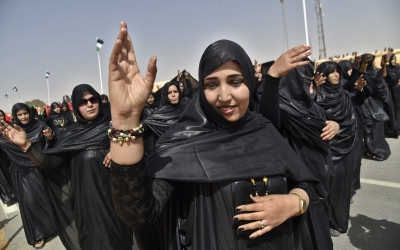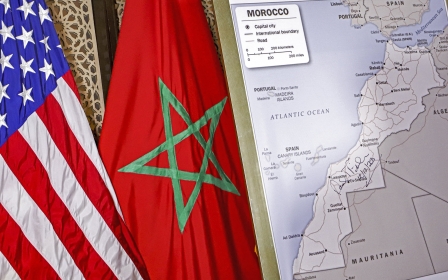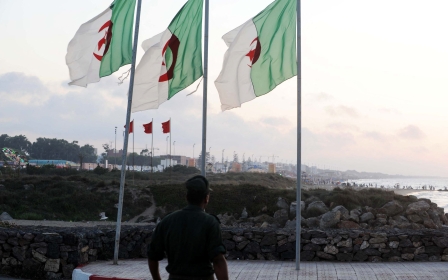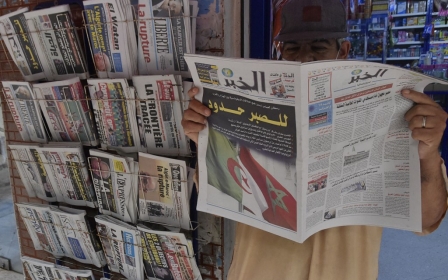Morocco says Western Sahara 'completely decolonised', whether Algeria agrees or not
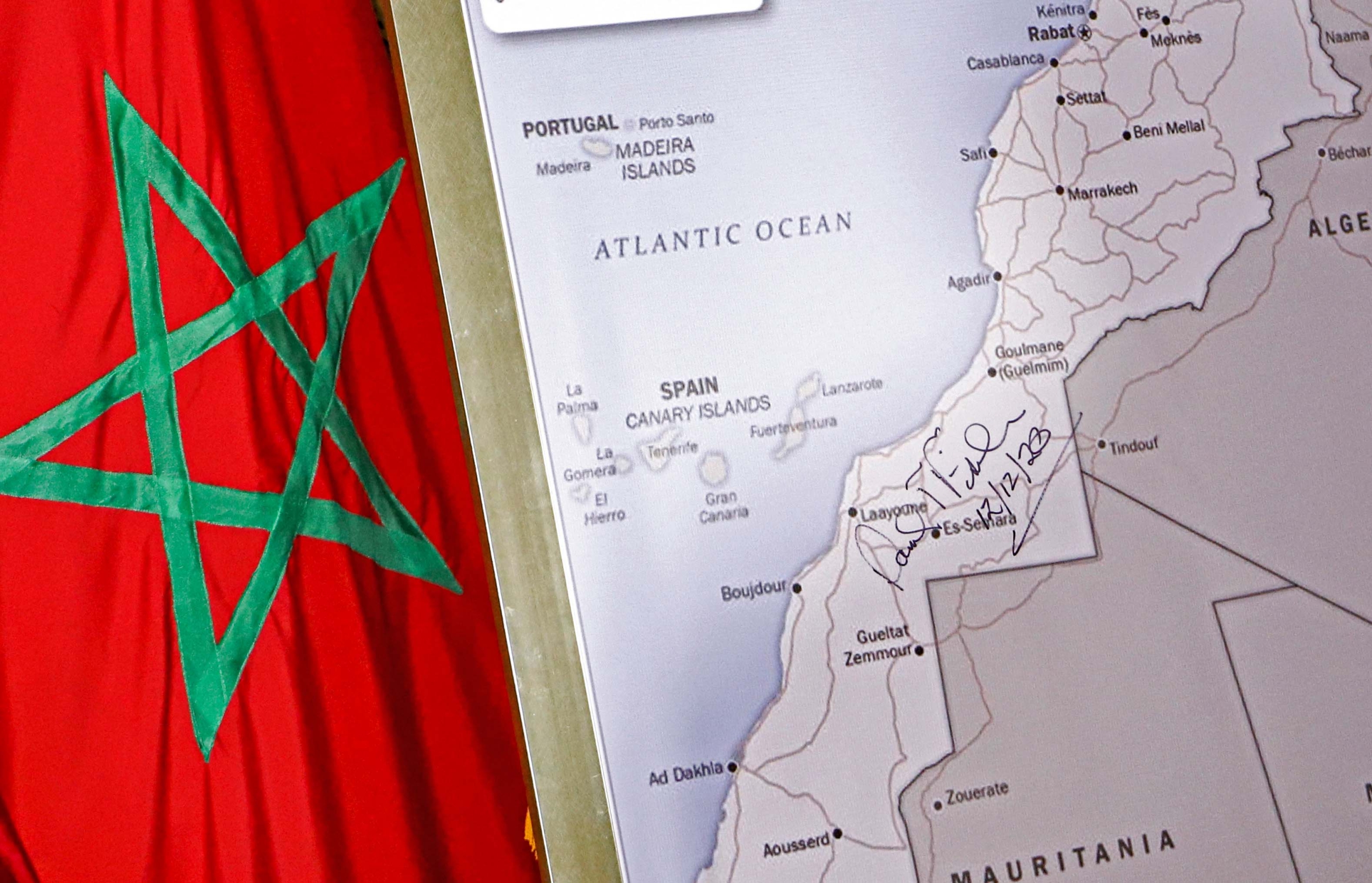
Morocco's permanent representative to the United Nations has claimed the dispute over Western Sahara was finally resolved "whether Algeria likes it or not", while Algiers and the Polisario Front said that decades of inaction is delaying the region's right to self-determination.
Speaking during a conference of the UN's special committee on decolonisation last week, Omar Hilale said Western Sahara "has been completely decolonised" and the "inhabitants of the Sahara live in peace in these Moroccan provinces and enjoy their full rights".
Hilale said that there is an ongoing political process in the region, saying there is "a cooperative democracy that includes all generations, and above all, it is the right of everyone to participate in the daily life of the Sahara".
The conference witnessed a tense back and forth between Algeria and Morocco, with Rabat accusing Algeria of exacerbating the conflict and Algiers saying that "decades of inaction has led to a deterioration of the situation on the ground".
"There is no room for filibustering when it comes to people's right to self-determination," Algeria's UN representative said.
New MEE newsletter: Jerusalem Dispatch
Sign up to get the latest insights and analysis on Israel-Palestine, alongside Turkey Unpacked and other MEE newsletters
"Even in the midst of the pandemic, the people of Western Sahara are being subjected to gross violations of their rights and the plundering of their natural resources."
Sidi Omar, the Polisario Front's ambassador to the UN, said the group will continue to seek independence and a political referendum that was promised by the international body.
"The question of Western Sahara is a clear-cut issue of decolonisation in accordance with relevant General Assembly resolutions," he said.
The UN has repeatedly failed to find a lasting settlement since it brokered a ceasefire on the line of control in 1991 and established the United Nations Mission on the Referendum on Western Sahara (Minurso), a peacekeeping force mandated to hold a referendum on Sahrawi self-determination.
Rabat insists on its right to govern Western Sahara, but the Polisario Front has repeatedly called for a referendum to let the people determine the future of the region.
Algeria-Morocco tensions
The UN conference took place as Algeria severed diplomatic relations with Morocco last week, following months of heightened tensions between the two neighbours.
Sahrawi activists in Western Sahara have said they are fearful that the severing of ties will lead to increased repression by Morocco, and expect the situation to deteriorate further with an increase in the arrests, monitoring and abuse that are already a factor of daily life.
Morocco and Algeria have long been at odds over a host of issues, notably the fate of Western Sahara. The border between Algiers and Rabat has been closed since 1994.
Morocco claims full sovereignty over the territory, while Algeria backs the Polisario Front's demands for a referendum on self-determination under the auspices of the United Nations. Algeria also hosts refugees from the region.
Rabat's re-establishment of ties with Israel late last year, which was accompanied by US recognition of Moroccan sovereignty over Western Sahara, also reignited tensions with Algiers.
The situation in Western Sahara has been bleak since November 2020, when an almost 30-year ceasefire between the pro-Sahrawi independence Polisario Front movement and Morocco collapsed after the Moroccan army launched a military operation into the UN-patrolled Guerguerat buffer zone.
The move was made to end a Polisario-backed blockade of trucks travelling between Moroccan-controlled areas of the territory and neighbouring Mauritania.
By launching the operation, Morocco "seriously undermined not only the ceasefire and related military agreements but also any chances of achieving a peaceful and lasting solution to the decolonization question of the Western Sahara," Brahim Ghali, leader of the Polisario Front, said in a letter to the UN.
Middle East Eye delivers independent and unrivalled coverage and analysis of the Middle East, North Africa and beyond. To learn more about republishing this content and the associated fees, please fill out this form. More about MEE can be found here.


